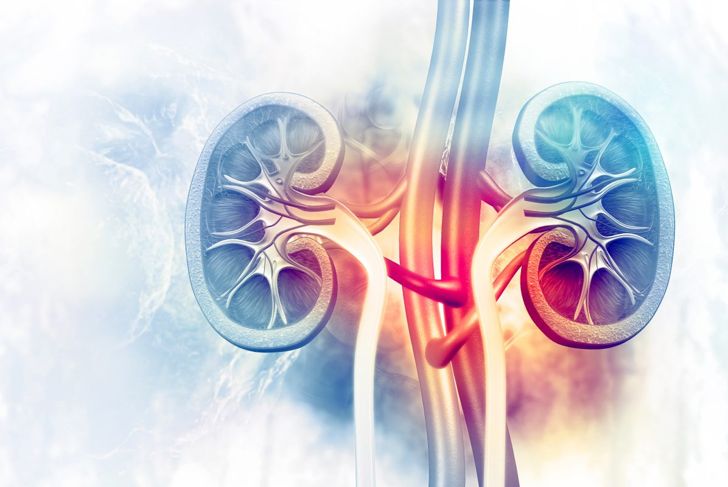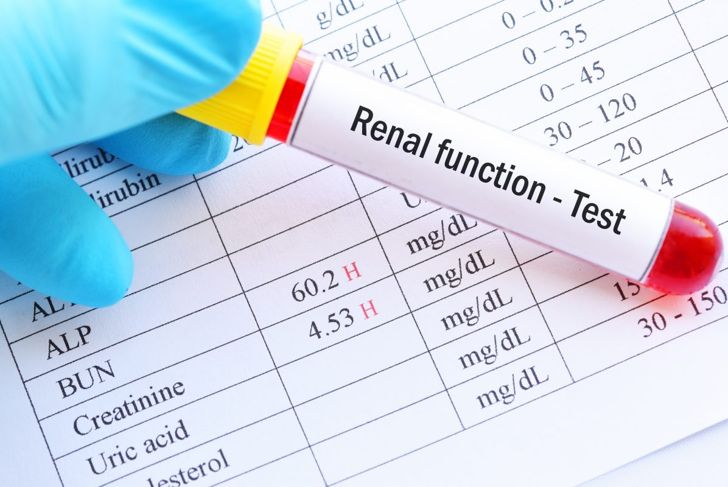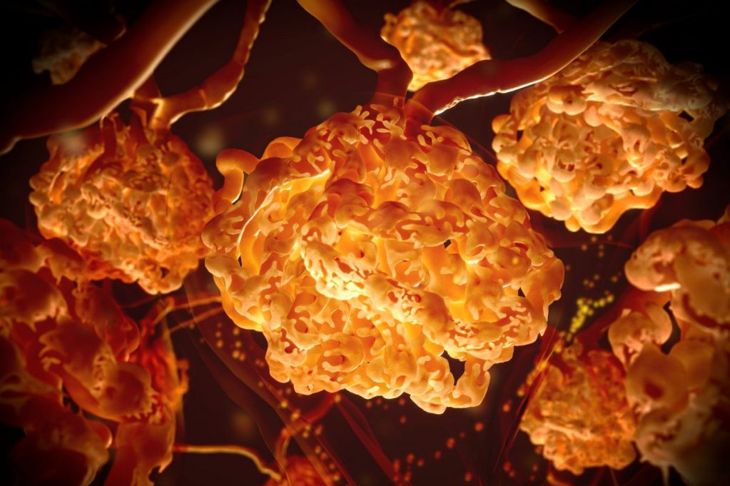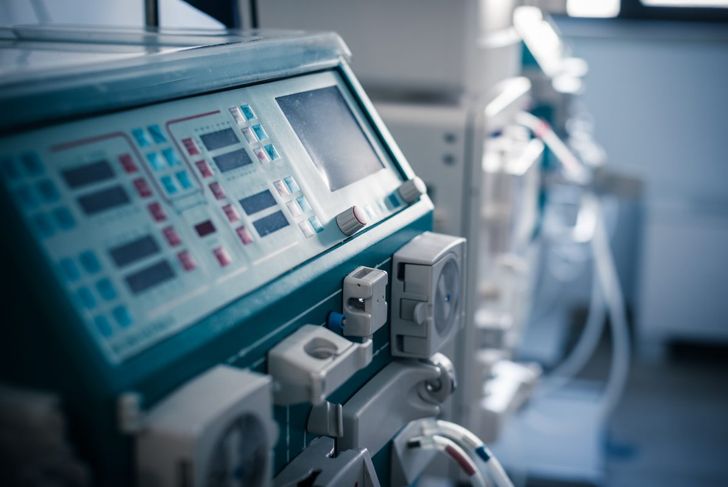Chronic kidney disease (CKD) follows five stages determined by how well the organ is functioning. Stage 1 is the least severe, indicating only mild impairment. Stage 5 is complete kidney failure. Stage 3 is in the middle of these extremes, and people at this stage require careful care and monitoring to prevent progression.
Chronic Kidney Disease
The entire blood volume is filtered through the kidney every 30 minutes. These vital organs remove excess fluid, toxins, and waste, and play an important role in regulating electrolytes, maintaining blood pressure, supporting bone health, and stimulating red blood cell production. Because they have so many essential tasks, chronic kidney disease can lead to widespread problems in the body, and unfortunately, it is fairly common. More than one in seven American adults has CKD.
Stages 1 and 2
Stages 1 and 2 are both fairly mild and do not usually present with any symptoms. In stage 1 kidney disease, the kidneys have to work a little harder and may enlarge slightly. In stage 2, there is a mild loss of function. In both stages, protein is present in the urine, but this is only determined with urine testing. Someone can have mild stage kidney disease and not even know they have it. The diagnosis is usually made via blood and urine tests, although imaging studies and more advanced testing may be needed to determine the exact cause.
Stages 3a and 3b
Stage 3 kidney disease is further divided into two stages: 3a and 3b. A study demonstrated the necessity for this distinction by showing that the two sub-stages vary in their risk of serious outcomes. The study followed patients with chronic kidney disease for over 10 years and concluded that stage 3B patients have an increased risk of renal and cardiovascular complications.
Glomerular Filtration Rate
The glomerular filtration rate or GFR is the best test to measure kidney function and is used to stage the disease. It measures the functionality of the glomeruli, the network of small blood vessels in the kidney that filter waste. The higher the GFR, the better the kidneys are working. In stage 3A, the GFR is 59 to 45; in 3B, it is 44 to 30. For comparison, stage 1 has a GFR of 90 or more.
Symptoms
Stage 3 kidney disease usually does not have symptoms, but some can occur, including back pain, swelling in the extremities, and a change in the frequency of urination. As kidney function declines, waste builds up in the blood, which leads to other complications, like high blood pressure, bone disease, and anemia.
Prevent Progression
Kidney disease is the ninth leading cause of death in the United States, and it is prone to progression. If someone is diagnosed with stage 3 kidney disease, some interventions can still slow or stop the progression to stage 4 and 5. Hypertension and diabetes can contribute to kidney disease and need to be controlled. Losing weight and getting enough physical activity can help, too. A doctor specializing in the kidneys may prescribe medication to control blood pressure and protect kidney function. They may also recommend dietary changes. Smoking cessation is also key as smoking worsens kidney disease and may interfere with hypertension medications.
Risks
The biggest risk factors for developing kidney disease are hypertension, diabetes, and obesity. Between 25 and 40 percent of adults with type 2 diabetes have chronic kidney disease. Additionally, 30 percent of people with hypertension and 17 percent of those with obesity develop CKD. Poor diet, food insecurity, poverty, and tobacco use are also linked to an increased risk of developing kidney disease.
Diagnostic testing
Several tests can confirm a diagnosis of kidney disease and decide if it is stage 3. Blood tests may show elevated urea and creatinine, indicating the kidneys are no longer filtering waste products properly. Imaging tests assess the size and structure of the kidneys, and a tissue biopsy or urine tests can identify the cause.
Treatment
Treatment depends on the underlying cause and any ongoing complications. Interventions include high blood pressure medications, a low-salt diet, cholesterol-lowering medications, anemia treatment, and diuretics. The doctor may also prescribe medications to protect bone health. Once the doctor identifies the underlying cause and begins treatment, they will continue to monitor the kidney damage, which could stop or continue to advance.
Stage 4 and Beyond
Without intervention, stage 3 kidney disease can advance to stage 4 and 5. Stage 4 involves severe loss of kidney function. Stage 5 or end-stage renal disease requires dialysis or a kidney transplant. Only careful management of symptoms will prevent progression to more advanced stages of kidney disease.

 Home
Home Health
Health Diet & Nutrition
Diet & Nutrition Living Well
Living Well More
More




















